Questions to ask when interviewing a lawyer

A few weeks ago I wrote a blog post, “Do I really need a lawyer for my divorce?” As you might suspect, the answer depends on the specifics of your situation. If you are deciding whether to add a lawyer to your team, how do you know who is the right fit for you? What should you consider as you interview people, and what kinds of questions should you ask?
Start by talking to at least three attorneys. This will give you a good sense of each person’s unique style, area of focus, and importantly, whether you feel like the relationship could be a good fit. This is about much more than cost, as you want to be aligned on approach, understand what your lawyer will and won’t be comfortable handling for you (i.e. you don’t want to hire a litigator if you’re hoping for a collaborative divorce, and vice versa) or choose someone who doesn’t typically handle custody cases if that’s your primary issue.
If you’re just getting started, ask people you trust for recommendations, including a divorce coach or certified divorce financial analyst. (BTW, you do not have to be a client to ask me for recommendations! I am always happy to share resources, and I am never compensated by anyone I recommend.)
Here are important questions to consider:
1. Experience and specialization
- How long have you been practicing family law?
- What percentage of your practice is dedicated to divorce cases?
- Have you handled cases like mine (e.g., high-net-worth divorces, child custody disputes, etc.)?
- Are you familiar with local family court judges and how they tend to rule?
2. Approach to Divorce Cases
- What is your preferred approach to resolving divorce cases? (Do you focus on collaborative cases, mediation, or do you take a more traditional approach?)
- How will you keep me updated about the progress of my case?
3. Costs and Fees
- What is your fee structure? Do you charge an hourly rate, a flat fee, or a retainer?
- What is the retainer amount, and what does it cover?
- Are there additional costs (court fees, expert witnesses, etc.) that I should be aware of?
- How will I be billed, and how frequently will I receive invoices?
4. Timeline and Expectations
- Based on your experience, how long do you think my divorce will take?
- What are the potential challenges or obstacles in my case?
- What are the possible outcomes in terms of asset division, spousal support, and child custody?
5. Communication
- How often will we communicate, and by what method (phone, email, in-person)?
- Who in your office will be working on my case (e.g., paralegals, associate attorneys)?
- What are your working hours and expected response times?
6. Settlement vs. Court
- What percentage of your cases settle vs. going to trial?
- How do you assess whether it’s better to settle or go to court?
- How much courtroom experience do you have if we end up going to trial?
7. Child Custody and Support (if applicable)
- How do you approach child custody and support cases?
- What factors will influence the outcome of child custody and support arrangements?
- How do courts in this jurisdiction typically rule on these issues?
8. Division of Assets
- How do you handle complicated financial situations, such as hidden assets or business ownership?
- What is your experience with high-net-worth divorces (if applicable)?
9. Client Testimonials and References
- Can you provide client testimonials or references?
- Have you been involved in any disciplinary actions or complaints?
10. Alternative Solutions
- Do you offer or recommend alternative dispute resolution methods like collaboration?
- What are the pros and cons of using these methods in my situation?
Use these questions as a guide and expand where you feel appropriate. Give yourself time to compare answers, talk to references if you’d like, and make an informed decision you feel good about.
